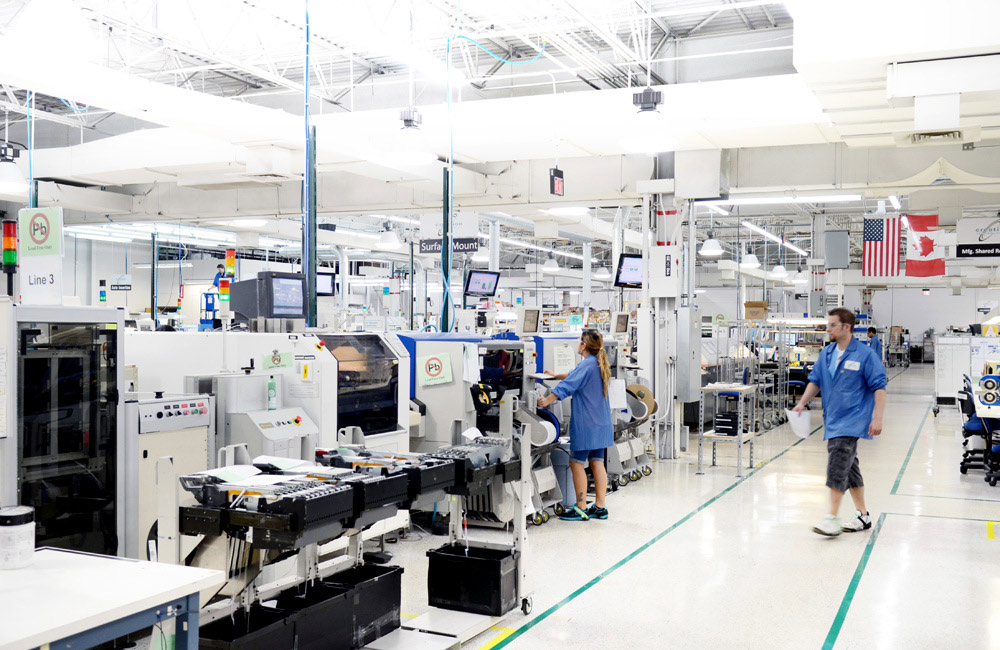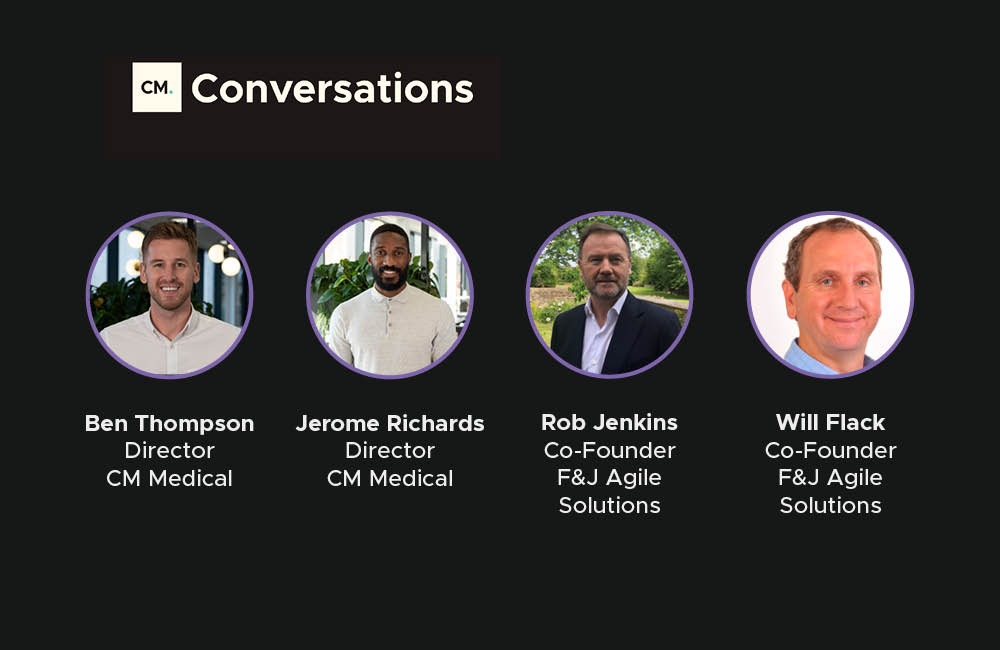

The Future of Woundcare: Innovation or Commoditisation?
Don’t get me wrong, the WC space has some great advantages. It’s ethical, personable and has a very caring nature. But the industry has become commoditised.
Many argue that this is down to a lack of innovation in the space, but this isn’t always the case. For example, I’m working with some very innovative companies in the Advanced Woundcare (AWC) arena and often talk to CEOs about new and exciting concepts which are said to revolutionise treatments in WC. However, the adoption of these technologies tends to be slow, with the reasons varying from case to case.
Some have blamed this lack of adoption on the price pressures in the market, making it harder for new technologies and innovations to emerge as a mainstream treatment. However, this argument could be made for all segments of healthcare, even those at the highest level of medical technology. And what’s to say that new innovations and solutions must be expensive? Often the most attractive quality of a new technology is its price saving benefits.
Another explanation for this lack of adoption is that the major players in the WC space are not prioritising innovation. For example, in Woundcare Biologics/Regeneration there is an abundance of disruptive technologies on the market, however, the major players are not adopting these technologies as readily as they are with more proven techniques such as Advanced Dressings, Foams and Negative Pressure Wound Therapy (NPWT).
It’s not all bad. In NPWT, disruptive technologies have been able to hit the mainstream market. A new single-use concept, PICO, was launched in 2011, and changed the landscape of NPWT drastically. As a result, the demand in this category is set to increase over the next 10 years. Plus, patients and healthcare providers have benefitted thanks to cost saving and improved patient outcomes.
For me, it’s clear that this sort of innovation must be supported and championed to allow the industry to advance – especially by major players. Not only will this combat the issues of slow adoption, but it will also motivate innovation, clearing the pathway to the mainstream market.
Recommended.

Opportunity is Still Rife in Contract Manufacturing.
With opportunity rife all over the world, I wanted to share some of the most exciting growth happening within contract manufacturing for medical devices. Here’s five companies that everyone should be getting excited about.

"You often don't have to persuade people there's a need for change, you just have to show them how to do it"
For this episode of CM Conversations, Ben Thompson & Jerome Richards, Directors at CM Medical, spoke with Rob Jenkins and Will Flack from F&J Agile Solutions.

The Unknown Unknowns of M&A
Even if you’ve been through the process, you may not be aware of exactly what goes into M&A deals. Today, we’ve tried to look into that in a little more detail with Transaction Liability Team Leader Grant Hollis from CFC Underwriting.

The 4 Day Week
As businesses prioritise the wellbeing of their employees, the concept of working a 4 day week is shifting from distant pipedream to reality for a range of organisations around the world.
Comments.